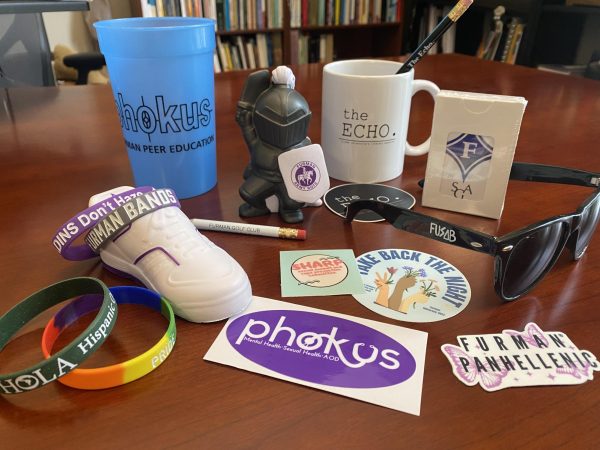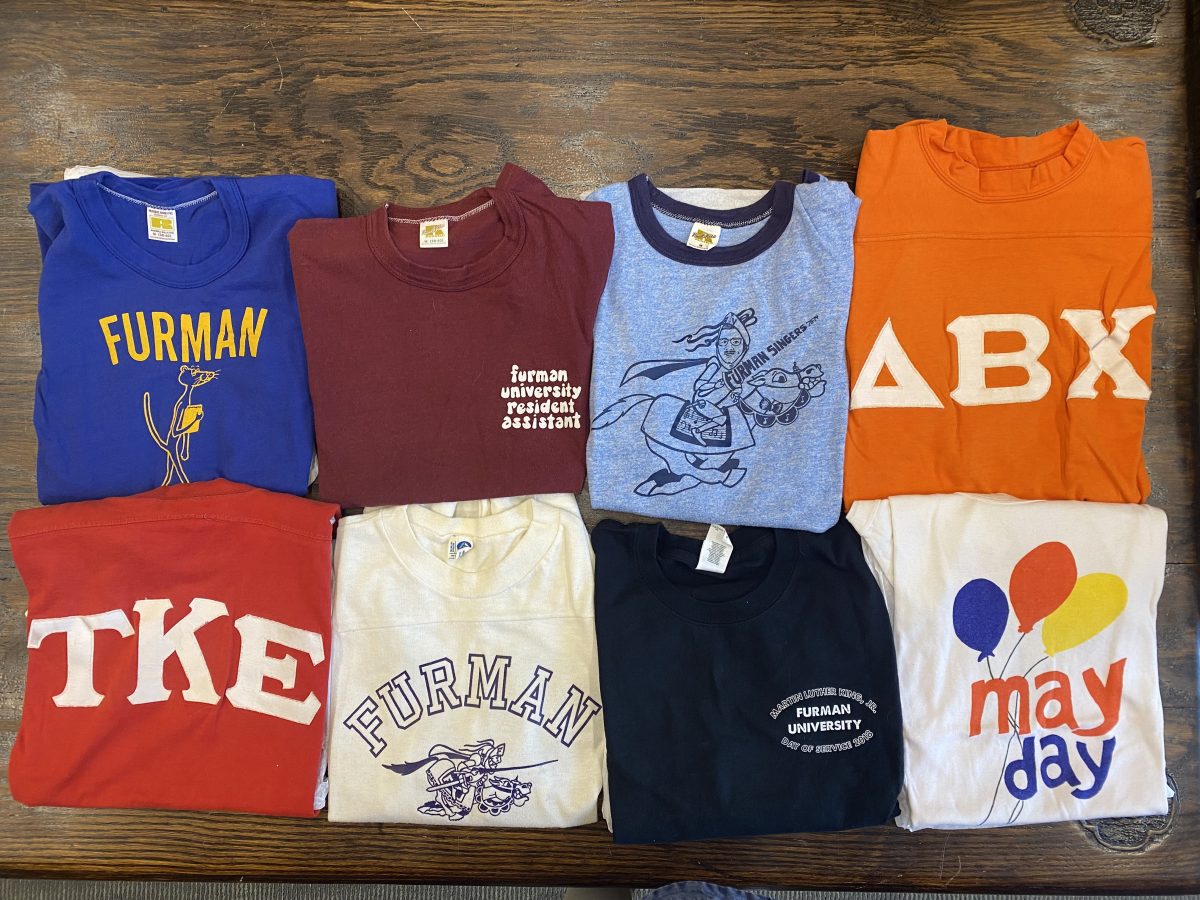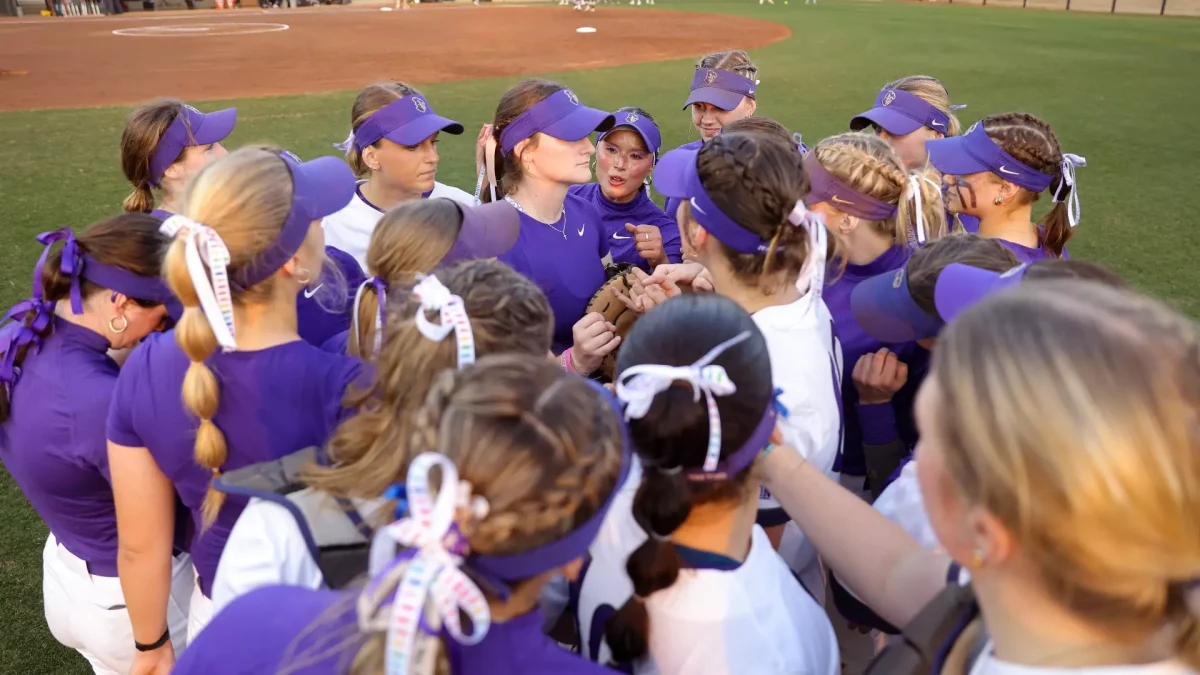When it comes to preserving student records, people may think of documents of students’ personal information, grade history, or other administrative data. However, the Special Collection & Archives here at Furman University want to change that perception – archiving information is much more than just collecting generic data.
Dr. Nashieli Marcano, archivist for digital collections in the Special Collections & Archives, is working on a big project for the Archives — a new initiative to encourage campus organizations to start preserving records and documents with the Special Collections. This initiative, officially called “The Paladin Legacy: Preserve Your Stories” is not just looking for member rosters and activity records. The project is also looking for things such as posters, flyers, brochures, webzines, and even articles of clothing and banners. Organizations can also preserve digital media and social media records, such as Instagram posts or entire accounts.
Why would organizations on campus want to go through the process of preserving their records and media? Marcano believes this initiative is important because it helps to uplift student voices.
“It is an aspect that I think is valuable because it’s about student voices and history-makers,” Marcano said.

When examining Furman’s history, it is no surprise or secret that it was written largely by white and upper-middle class people. Organizations that represent minority groups on campus are changing that history every day. That is why this initiative is so important and why it is being so encouraged. This preservation initiative is about “capturing college life at Furman. And this is the place that they’re [students] inhabiting and they’re creating these memories and they’re creating history,” Marcano said.
The Paladin Legacy initiative is not only for current students — it is also for future students, so they can see that they belong here and that the Furman community has a space for them. Dr. Marcano says while the initiative is interested in all campus organizations, they are particularly focused on those who are underrepresented or “haven’t had their voices elevated.”
To help promote this project further, the library has added a page about it on its website. The Paladin Legacy: Preserve Your Stories webpage includes more detail about the initiative, such as how and why a campus organization can get acquainted with digital preservation. The site also includes step-by-step instructions on how to start the process of preserving records for your campus organization. The process allows users to choose exactly what they want to transfer, which can include completely digital artifacts.
The Special Collections & Archives is on a mission to show Furman’s evolution as an institution through the impressive work and community formed by its students, faculty, and staff.
While it is important to preserve records from campus organizations that show the evolution of Furman, there are other incentives for clubs to go through this process, such as preserving its activity, efforts, and physical memorabilia forever and creating a long-lasting legacy on campus.
“I think it’s an aspect of the history of an institution to see what legacy students are leaving behind for future generations of students,” Marcano said. “(Their work) takes time, love, and effort.”




































